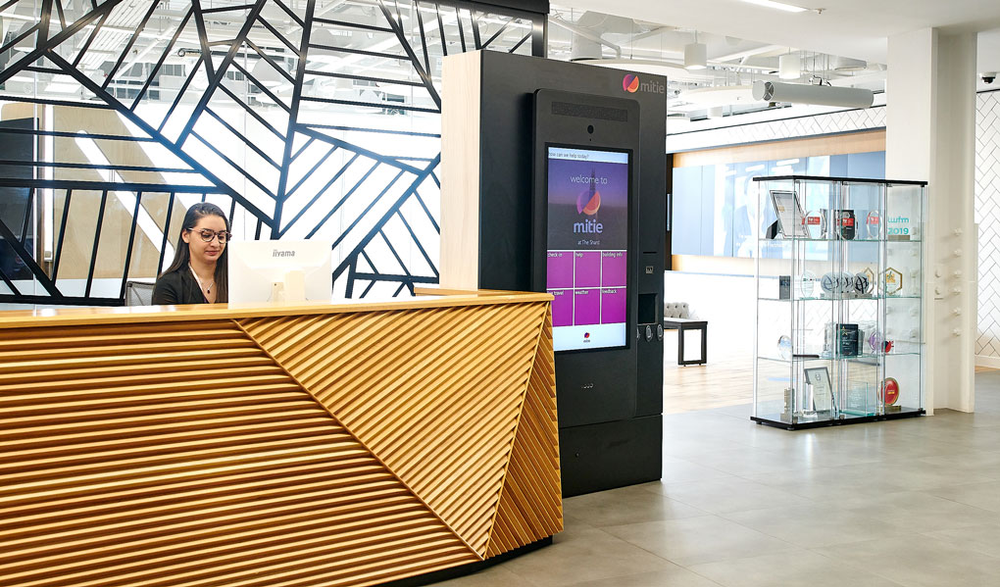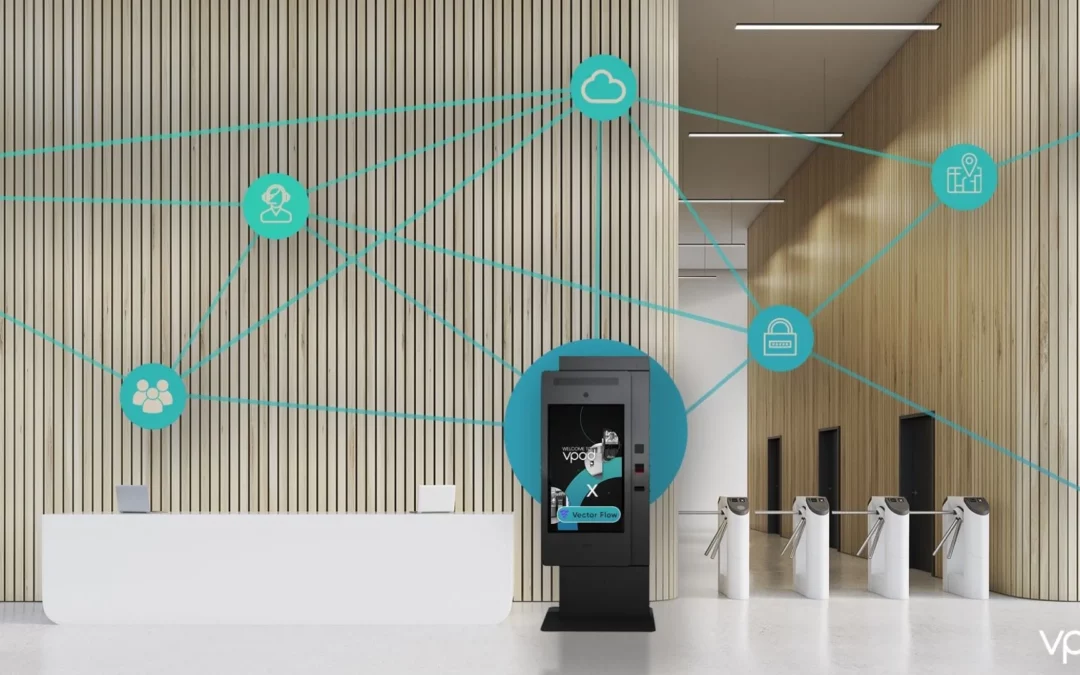In today’s blog, we are going to discuss the emergence of the Paperless Office and the benefits it has in the new workplace. With a better experience, efficient processes and a more data secure environment, organisations are implementing paperless office solutions to promote sustainability in the workplace.
What is a Paperless Office?
A Paperless Office is a workplace that has digitised its documents and processes so that information is archived electronically rather than physically. It involves organisations undertaking a ‘digital transformation journey’ to move their paper files to an electronic document managing system, or paperless office software that digitises the files and stores them in a secure repository.
Digitisation & the Rise of the Paperless Office
The concept of the paperless office has been relevant since the personal computer made its way into the workplace and reduced the need for physical documents. As offices became digitised and with the rise of email, the need for paper resources has been greatly reduced – saving money, the environment and increasing security within an organisation.
However, many businesses continue to use paper documents in various processes and compliance requirements as they found the ingrained business processes challenging.
and are missing out on the benefits of a paper-free workplace.
The new trends of the smart workplace in the post-pandemic world have created a shift towards a hybrid with people working from a distance. With fewer people in the office and more people working remotely, the need for physical documents is dwindling and the benefits of a paperless office are continuing to grow.
Benefits of Paperless Offices
As the benefits of a paperless workplace continue to expand, organisations that are making the change are capitalising on:
1. Reduced costs
Do you know, on average, employees print 10,000 pages a year? From printing costs and office stationery to floor space and filing areas, businesses that are eliminating heavy volumes of paperwork are making savings across the board. Digitisation not only reduces the need to print or store physical files but also improves process efficiency and employee time.
2. Reclaiming Storage Space
How effectively is your office space used? The rise of agile lockers and the ways in which businesses are looking to repurpose their office space really highlight the space wasted on storing documents for businesses that continue to print and use paper.
By storing digital documents on a cloud service, rather than in folders and filing cabinets – organisations can reclaim their storage space and use it to extend their office or create collaborative workspaces for their people who gather in the office for time with colleagues.
3. A more Secure Workplace
Without the risk of getting lost or confidential files falling into the wrong hands, a paperless office solution reduces the possibility of these common mishaps. Digitised files can be locked with access rights – and permission to access them is assigned only to those who need to see them. Sensitive information can also be secured against misuse, loss and theft, through tight security settings that track and protect electronic files.
Read more about how technologies are improving office security.
4. Improved efficiency & productivity: no more losing files!
It is estimated that employees waste 1.8 hours every day searching for information and looking at a file. Other research shows that “loss of time negatively impacts companies and cultures as workers waste energy that would be better spent on planning, strategy and overall company growth.”
Invest in the right paperless office solution to reduce employees’ workload and let them invest their time in more important tasks while improving the overall employee experience to retain your talent.
5. Easy access to materials
A paperless office means that employees are able to share, update and amend files without having to print anything out. This optimises their workflows and allows them to collaborate efficiently with one another in the hybrid working world.
5. Improved Customer Service
The benefits of a paperless office also impact your customers. With easy access to digital documents and a quick turnaround time, your people can serve their customers more efficiently.
What parts of your organisation could go paperless?
A more sustainable workplace is not only more efficient and secure but also provides a better user experience for visitors and employees entering your office space.
The Reception Area
Automated receptions move all documents and visitor data to a cloud-based database. Your team can register and manage visitors, unlock doors, and handle deliveries all on one centralised platform. Instead of managing stacks of visitor sign-in sheets, your reception could deliver consistent first-class customer service, while upgrading office security and compliance at a reduced cost.
Paperless office software such as a Vgreet visitor management kiosk can help automate and digitise the manual process of handling visitors that involves various paper documents:
- Visitor sign-in books – Paper visitor books pose problems for GDPR because of the way the data is collected.
- Visitor pass – Visitors use printed passes to access buildings that require more time to check in and return them.
- Printed agreements – If visitors are required to sign NDAs or any documents that require signatures.

Communications
Paperless billing is not a new concept. Many of us have been receiving and paying bills electronically for a number of years. This advancement translates across all types of communications as physical mail generates a surprising amount of paper waste. Whether it’s to reach out to customers, correspond with colleagues or make company announcements, organisations should limit what they print and prioritise the use of email for letter correspondence.
Laptops & Tablets
The ultimate tool for work. Laptops and tablets are easily portable, connected and driving the hybrid working world. Replacing the traditional notebook, where notes, scrawlings and work were once kept and often discarded – laptops and tablets are just as easy to take into meetings, provide a multitude of tools to support workload and are easily transportable from the office to the home to remote locations anywhere in the world.
Summary
Consider digitising the way your organisation processes information and documents, both your business and the planet will get to reap the benefits.
A paperless office contributes not to workplace sustainability, but also to a workplace ecosystem that understands its people’s needs and evolves with the future of work.
Interested in moving to a Paperless Office with a better visitor and employee experience? Contact us


